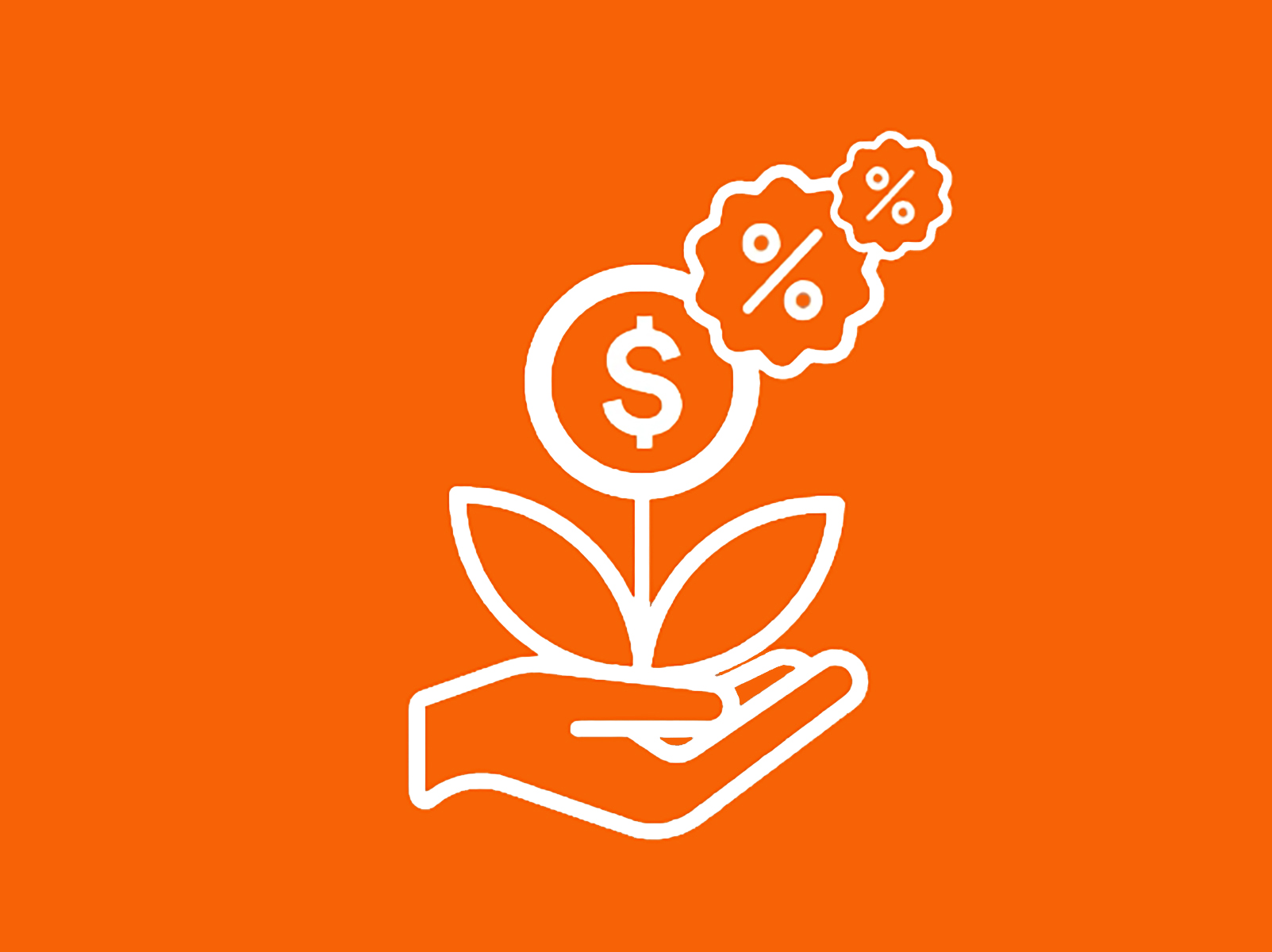5 reasons to have a dedicated account for your business
So your side hustle is bringing in money and it's time to take it seriously and rebrand yourself as a small business owner. You may have also noticed some overlap between your personal and business finances, especially if you have just the one account.
Do I need a business account?
In all likelihood, yes. An account agreement for personal deposits would typically require account holders to use the account for personal purposes and using it for any other purposes (including business) may potentially cause the person to be in breach.
Even in the early stages
You could be missing the small business banking benefits of separating your business expenses from your personal.
“In the early stages of business, we don't necessarily think that whatever we're starting is going to be successful," says Katrina McKay, founder and CEO of Uplevel Solutions, which works with entrepreneurs to grow their businesses.
McKay also says that the idea of business has changed. “It used to be either 'I'll shut it down and move on to something else or I'll build a massive empire.' The truth for the vast majority of us lies in between the two."
You know your business best. Be sure to consult with your professional business, tax and legal advisors about how to structure your business' financial affairs.
Here are five benefits to having a business account:
1. Credibility
Image counts when launching a business, and having a business bank account gives your business credibility with customers, vendors and lenders. Instead of paying you directly, clients can write cheques (many still do) to your company's business name. Potential clients feel more secure and confident when you have a business account.
2. Keeping taxes separate
A business account keeps funds aside for tax time, so you're not scrambling to find the money to pay them, or worse, having to borrow from family, friends or the business to pay your taxes. It's never a good feeling being told you owe money and not being able to immediately access cash.
And this also applies to GST/HST. Keeping the funds you collect separate means you have them available to remit to the Canada Revenue Agency (CRA) when needed.
3. Record efficiency
It makes record keeping more efficient, since you've separated what you've spent and invested in your business from your personal expenses.
4. Understanding your earnings
“Having a business account is one of the easiest ways to track how your business is doing," says McKay. “Keeping track of the cash flow is so much easier if you separate your personal and business finances, even if you've just opened your first Etsy store and you've only had three sales."
A separate business account helps you understand your yearly earnings, including your profit and loss, whether it's time to re-invest to grow your business (if you need more capital to buy more equipment, etc.), how your company is growing year-over-year and whether you need to adjust your business plan.
It can make tax time easier if you keep business expenses separate from your personal expenses. For example, I was told by my accountant by having a business account I can claim Interac fees as an expense of doing business. Consult Canada Revenue Agency for more info.
5. Access to business offers
Having a business account may allow you to apply for a business credit card with benefits relevant to your business.
Added confidence
Moving a side hustle to a full-time business can be intimidating, but with the right tools, you'll be able to spend time marketing and growing your business knowing that you've set a strong financial foundation. A business account may give you added confidence to follow your goals.

